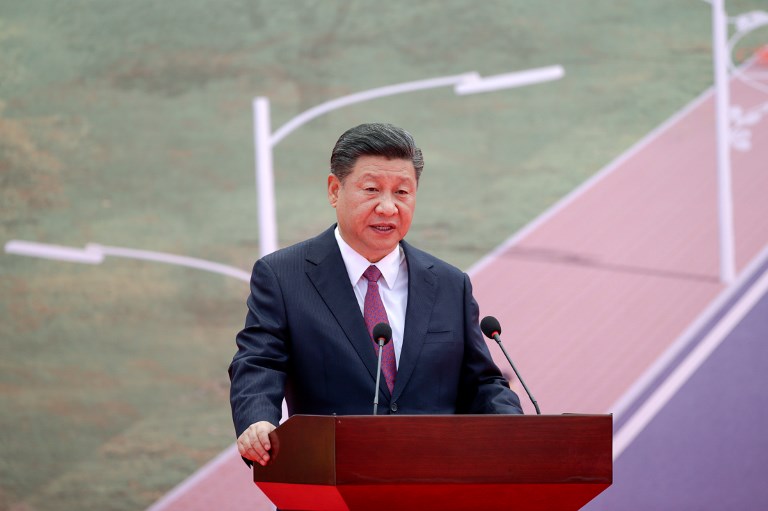

PORT MORESBY, Papua New Guinea (AFP) — Chinese leader Xi Jinping will sit down with seven Pacific island allies Friday, doling out attention and perhaps some largesse in the hope of convincing more nations to drop recognition of Taiwan.
While countries have vied for resource contracts and influence along vital Pacific shipping routes, the region has also become a frontline in the diplomatic war between Beijing and Taipei, which is struggling to retain support amid China’s dramatic economic rise.
“Xi is not going to show up empty handed” when he meets leaders from the Cook Islands, Fiji, Micronesia, Niue, Samoa, Tonga and Vanuatu in Port Moresby on Friday, said Jonathan Pryke of Australia’s Lowy Institute.
“Almost a full third of Taiwan’s remaining support base is in the Pacific islands region. Chequebook diplomacy is alive and well in this part of the world.”
For small countries, it has become more and more costly to forego relations with China, the world’s second-largest economy — a fact Beijing has been keen to exploit.
“China has been much more aggressive in picking off Taiwan’s support base,” said Pryke.
Some Latin American countries have switched sides in recent years.
El Salvador’s leader recently received a hero’s welcome in Beijing — complete with red carpets and military band — after his country decided to switch recognition.
Taiwan’s dwindling support base means it has less leverage to join multilateral organizations and less support inside the ones it has already joined when Beijing decides to turn the screw.
Only 17 countries remain in Taiwan’s diplomatic circle as the self-ruling democratic island struggles to fend off Beijing’s growing influence around the globe.
Kiribati, the Marshall Islands, Nauru, Palau, the Solomon Islands and Tuvalu are among those that recognize Taiwan.
China and Taiwan have been governed separately since the end of a civil war on the mainland in 1949, but Beijing sees the island as part of its territory to be brought back into the fold.
© Agence France-Presse
